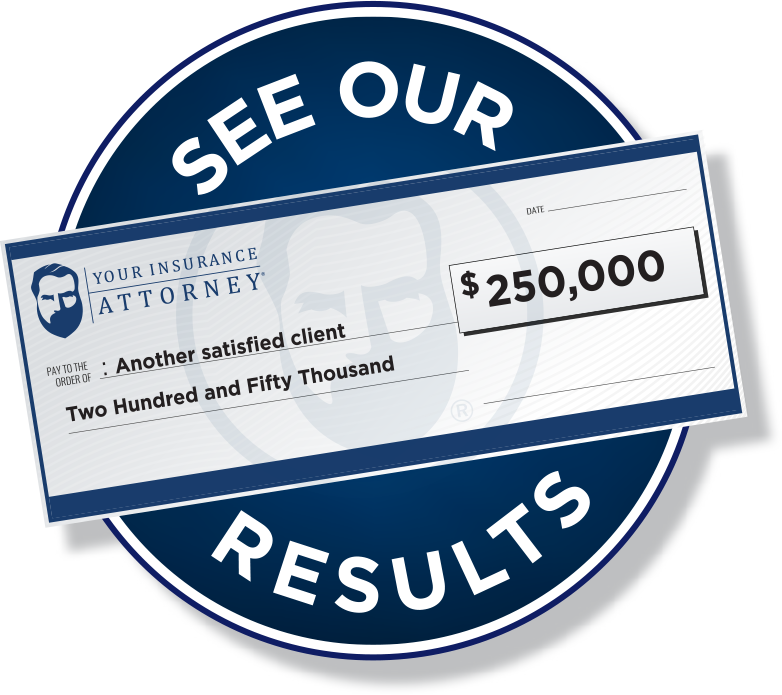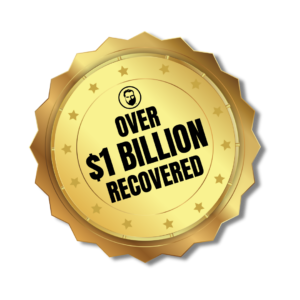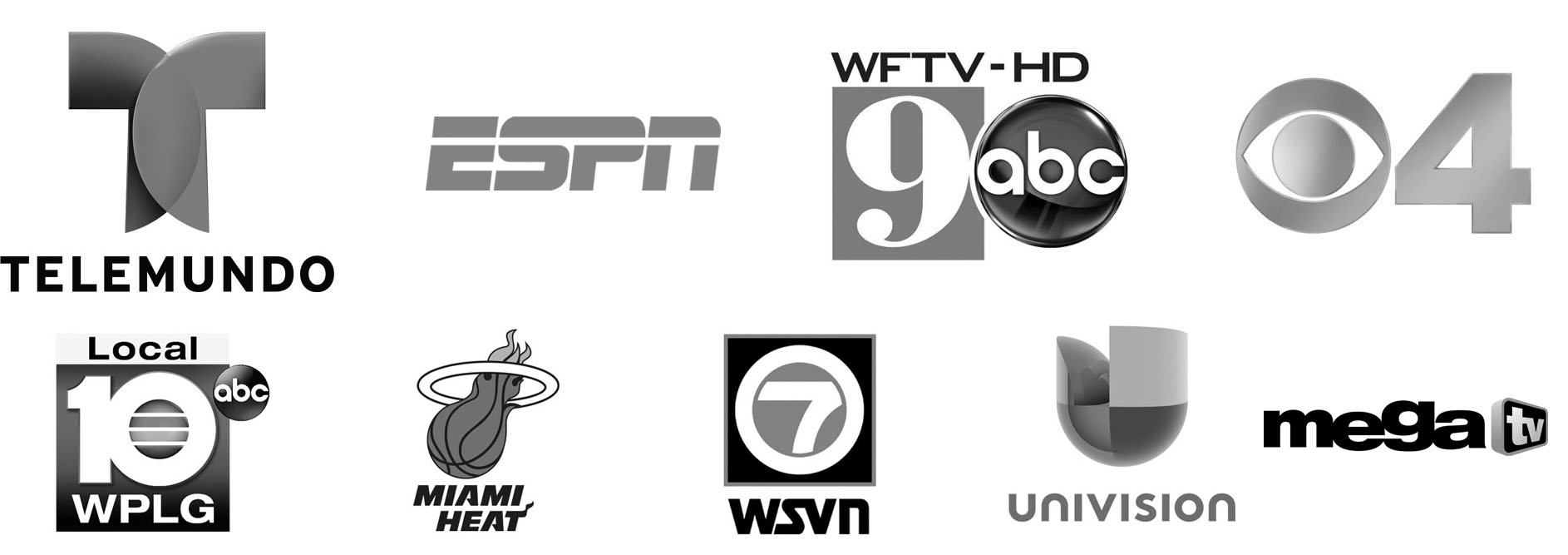
Your life changes in many ways when your home, condo, or business suffers damage. You may worry about your safety, financial future, and how to start repairs. Many Miami residents’ first step is contacting a Miami property damage lawyer. If you’re reading this, you’re probably looking for clarity and guidance on what comes next. You’re not alone, and you don’t have to sort through this on your own.
Property damage doesn’t wait for a convenient time. Whether it’s from high winds in Coconut Grove, flooding near Brickell, or a fire in your Little Havana duplex, damage may happen fast and leave long-lasting effects. The good news? Legal support from Your Insurance Attorney is within reach, and your insurance policy may cover more than you think.

A Miami property damage attorney helps people when insurance companies fail to hold up their side of the agreement. That includes delayed claims, underpaid settlements, or even outright denials. They assist with policy reviews, inspections, and negotiations to hold insurers accountable.
These legal professionals understand how policies are written and how claims should be evaluated. That knowledge is a powerful tool when your insurance provider isn’t responding fairly. If you’re dealing with property damage and feel like you’re getting the runaround, it’s time to consider talking with someone who knows how to apply pressure where it counts.
Damage to property shows up in different ways, and each type of claim has its own set of challenges. In Miami, property damage lawyers often handle claims that involve:
Each of these categories may come with policy exclusions or special conditions that affect whether you receive compensation. An attorney reviews the fine print and fights for a fair outcome.
Insurance companies sometimes delay your claim by repeatedly asking for documents, requesting new inspections, or stalling decisions. Other times, they deny your claim based on loopholes or vague language. Miami property damage attorneys deal with these tactics every day.
If your insurer is slow to respond, making low offers, or saying you don’t qualify without clear reasons, that might be a red flag. Miami residents know how critical fast repairs are, especially with our storm seasons. A legal advocate helps move things forward and pushes for what your policy promises.
There are many moving parts to a property damage claim. The damage needs to be documented, often by professionals who know how to spot the full scope, including what may not be immediately visible. If you’re near neighborhoods like Coral Gables or the Upper East Side, an older home might have hidden wiring or plumbing that sustained damage.
In addition, insurance companies might try to depreciate the value of repairs or argue that the damage came from wear and tear. That is frustrating, especially if you’re watching your living space fall apart while waiting for support. Having legal support from Your Insurance Attorney helps level the field.
If your property has already been damaged and you’re wondering what to do next, here are some useful steps:
Once you’ve taken these actions, a Miami property damage lawyer helps organize your materials, speak with the insurance company, and pursue full payment under your coverage.
State law requires insurance companies to begin investigating a property damage claim after receiving proof of loss.
If your insurer isn’t meeting that timeframe or your claim is in limbo, it may not be a coincidence. Deadlines matter, and policyholders have rights under the law.
An attorney may also investigate whether your insurer engages in “bad faith” practices, where they deliberately stall, undervalue, or deny legitimate claims. This gives you grounds to pursue damages beyond what’s listed in the policy.
Working with a property damage attorney changes the tone of communication. Once you’re represented, insurers often take the process more seriously. It shifts the balance away from waiting on phone calls and unanswered emails and toward formal negotiation.
Attorneys also bring in inspectors, estimators, and engineers who work for you, not the insurance company. Their reports often tell a more accurate story of what it will take to repair your property fully. This becomes key evidence during negotiations.
Miami is unique. Properties in Wynwood might have issues that are different from those near South Miami. Claims near the coast face saltwater corrosion risks. Homes in Westchester or Doral may deal with poor drainage after storms.
A Miami property damage attorney knows how these factors influence insurance evaluations. They are also more familiar with local adjusters and contractors, which helps build a stronger claim.
Businesses hit with property loss face even more pressure. Lost income, damaged goods, and interrupted operations may follow physical destruction. Insurance should cover these scenarios, but the process may be even slower for commercial claims.
If you’re a business owner with property damage, a lawyer helps assess not just what it costs to rebuild but also what it takes to get back in business. That includes business interruption coverage and related benefits.
Whether you operate near the Design District, Kendall, or Hialeah, the faster you resolve your claim, the sooner you are able to reopen. Legal representation from Your Insurance Attorney helps make that happen.
Living in Miami means dealing with unpredictable weather. Hurricanes, tropical storms, and severe rain events are part of life here. According to data from the National Oceanic and Atmospheric Administration (NOAA), South Florida has faced more billion-dollar disasters over the last decade than almost anywhere else in the country.
Because of this, property insurance claims are a big part of life in the area. But high volume means more scrutiny, delays, and disputes. That’s where legal support becomes a strong resource.
When we talk with clients, here are the concerns they often share:
These are valid concerns. Many Miami property damage attorneys hear these patterns every day. You’re not imagining things. This behavior may be part of a larger delay strategy.
In many cases, property damage attorneys work on a contingency fee basis. That means they don’t get paid unless your claim recovers money. This removes the financial pressure of having to pay out of pocket just to get help.
Also, under certain Florida laws, if your attorney wins the case, the insurance company might be required to cover your legal fees. That means the full payout goes to repairing your home or business.
Timing matters. Under state law, the statute of limitations for filing a property damage lawsuit in most insurance claims is three to five years, depending on the type of damage claim.
But don’t wait. Delays in filing a lawsuit may affect the strength of your case, especially if documentation fades or repairs are made without professional review.
Your Insurance Attorney focuses on helping people who feel left behind by their insurer. The team listens, explains things clearly, and fights to recover what your policy promises. They understand how frustrating it is to feel ignored and how stressful it is when your home or business is left in limbo.
They also stay involved at every stage—from initial claim to final payment. You won’t be handed off or left guessing.
Waiting on an insurance settlement doesn’t just stall repairs. It may cause additional damage and expense:
Fast action isn’t just smart—it helps protect your finances and your health.
Your policy likely includes several distinct coverage areas. Each one matters:
Disputes often happen because insurers argue that damage isn’t part of one of these categories. A lawyer helps connect the dots.
If you’re thinking about calling a property damage lawyer, these materials make the first meeting more productive:
Even if your file isn’t perfect, a lawyer helps fill in the gaps.
When Your Insurance Attorney takes on your claim, the process begins with a full review of your policy and all documents you’ve collected. From there, they:
This structure gives your claim weight and often leads to a faster, more favorable resolution.
If you’re ready to stop guessing and start rebuilding, reach out today. Don’t wait for another denial or a lowball offer. Whether you’re downtown near Bayfront Park or further inland in Allapattah, your location doesn’t limit your options.
Look for someone who understands this community, knows how the insurance companies operate, and is ready to act when your claim stalls. The right Miami property damage lawyer helps you get back on your feet with fewer delays and more confidence.
If you need legal assistance for property damage in Miami, Your Insurance Attorney may be the call that changes everything. Reach out now to learn your rights and take the next step forward.
You have the right to challenge a denial. Review your policy language carefully, document all damage again, and contact a property damage lawyer to help dispute the decision.
Timelines vary, but simple cases may resolve in a few months. If the insurer delays or lowballs the claim, it might take longer. Legal help often accelerates the process.
Yes, if new damage is discovered or repairs cost more than expected, you might reopen the claim or file a supplemental one. An attorney helps evaluate this.
Absolutely. Low offers are common. Many cases settle for more once documentation and legal support are added.
If your home is uninhabitable, loss of use coverage might apply. That includes hotels or rental housing while repairs are made.
If they ignore communication, change explanations, or make offers far below repair costs without valid justification, these may be signs of bad faith.
2601 South Bayshore Drive 5th Floor
Miami, FL 33133
Ph: 888-570-5677

You handle personal injury,
property damage, and health
claims. How do you do it all?
What does “we don’t get
paid until you do” mean?
Why should people speak
with YIA first before calling
their insurance company?


2300 Maitland Center Parkway
Suite 122
Maitland, Florida 32751
We truly care about getting the best results for you. Our goal is to help you through powerful representation from start to finish. We work with clients all over the states of Florida, Georgia, Colorado, North Carolina, and California.